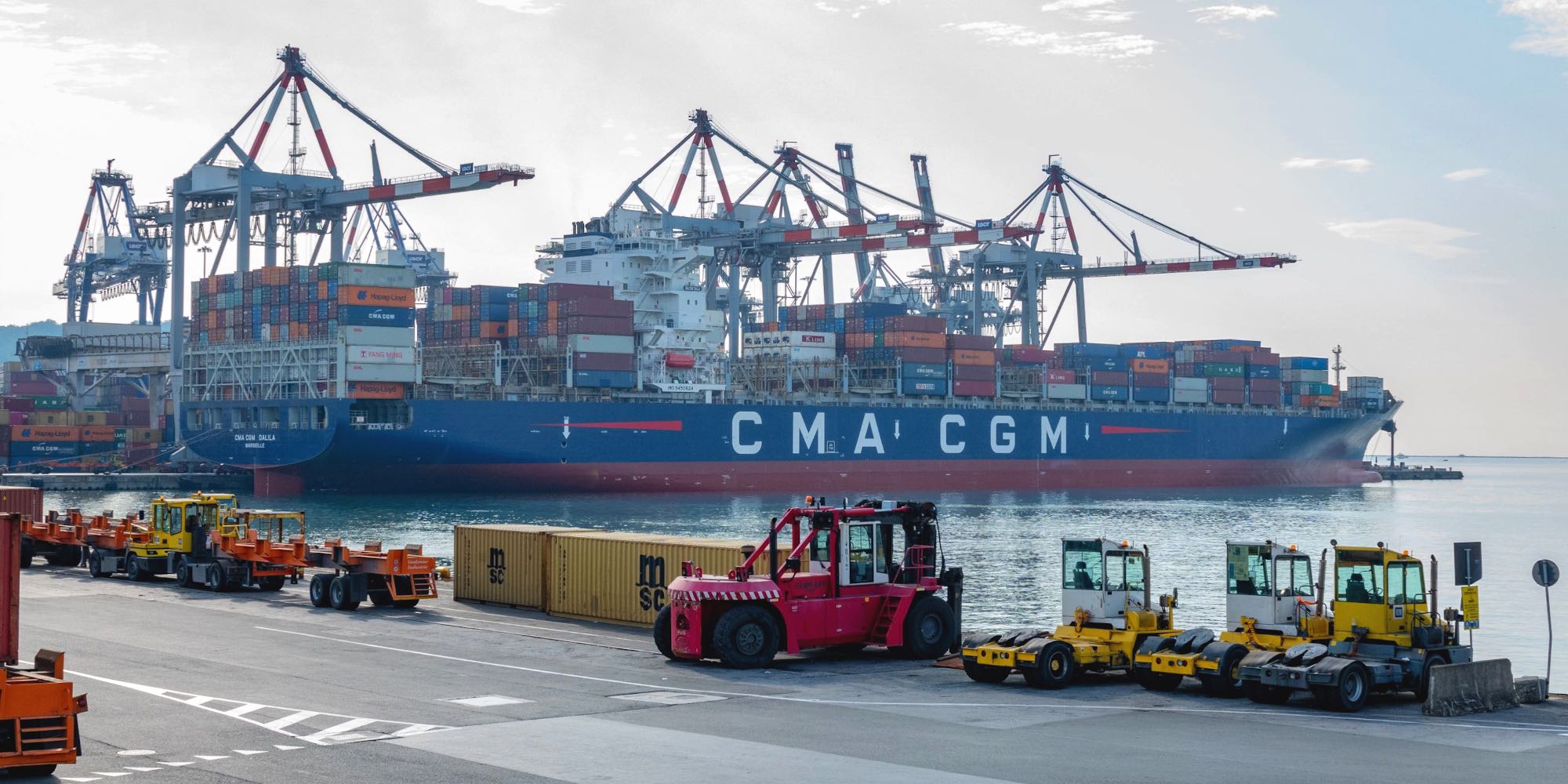On August 5, the Customs and Monopolies Agency published an Open Hearing, addressed to trade associations and operators in the sector, on "From Customs Preclearing to Smart Terminal".
Subsequently, with Circular No. 28/2020 on August 24th, the Customs and Monopolies Agency issued the procedure for the implementation of the operational experimentation. The Circular detailed the process and methods the customs offices concerned, applicable during the experimental phase. The trial will take at least 6 months and will start only after the issuance and transmission of the necessary service regulations.
As mentioned in the Circular, the trial of the Smart Terminal procedure, while waiting for applications, will be launched at the ports of Bari, Genoa, La Spezia, Ravenna, Trieste and Venice.
Smart Terminal thus joins the modernization and digitization initiatives implemented by the Customs and Monopolies Agency, which also includes Preclearing and Fast Corridor.
Smart Terminal's objectives and benefits
The main objective of Smart Terminal is to improve and enhance the current consolidated customs preclearance process, making advance information available based on the status of temporary custody consignments and related customs declarations, especially in cases where geographic proximities of national ports are concerned.
The Smart Terminal will allow the anticipation of the documentation presentation and validation of the ships’ manifest and, subsequent customs operations.
One of the most obvious benefits of Smart Terminal is the streamlining and speeding up of traffic in port areas. Furthermore, interested AEO (Authorized Economic Operator) subjects will be able to know the status of the goods in advance, allowing stakeholders, both private and public, to further utilize useful customs information, which is fundamental to the efficiency of the logistics chain.
How does a Smart Terminal work?
Smart Terminal procedure can be used by ships coming from non-EU ports and which, according to the navigation plan, with multiple ports of call within Italy.
To summarize the process in a nutshell, after crossing the straits (Suez, Gibraltar and Dardanelli) or in any case after the last foreign port arrived in the Mediterranean, these ships will be able to make use of the Preclearing procedure and Smart Terminal by sending manifest at the usual time:
-
an arriving goods manifest with preclearance at the first port of unloading
-
an arriving freight manifest with the Smart Terminal at the subsequent port of unloading
The competent customs offices in the ports will proceed to authorize the preclearance and the Smart Terminal respectively.
In light of this, the Temporary Custody consignments, activated by the Smart Terminal in the subsequent port, will pass to the status of "declarable non-releasable" allowing customs declarants, operating in this port, to start transmitting declarations ahead of the presentation of goods.
Technically, at this stage, the declarations are “registered” but not “accepted” by the customs, which in any case subjects to the customs control circuit.
The result of the customs control circuit is made available to the AEO subjects interested in the procedure, who will be informed in advance on the status of the Temporary Custody consignments and related customs declarations, and subsequently be able to organize the unloading of the ship in the best possible way.
Upon the arrival of the ship in the subsequent port, the Temporary Custody consignments become "releasable" (except for blocks resulting from controls still in progress). Consequently, the customs declarations will transit to the "accepted" status and will be updated with the related goods release code.
In terms of the implementation, Smart Terminal can only be implemented with the re-engineering of AIDA (the information system of the Customs and Monopolies Agency) as required by the Union Customs Code. Pending on the adaptation of the IT systems of the Customs and Monopolies Agency, the operational testing phase of the Smart Terminal is expected to commence in 2021.
Contship Italia Group is confident that the Group will be able to start testing process in La Spezia (LSCT) and Ravenna (TCR) terminals from January 2021.


